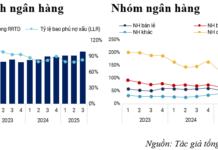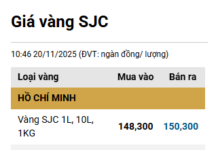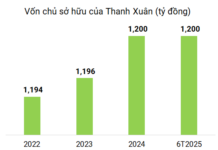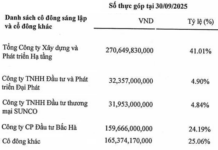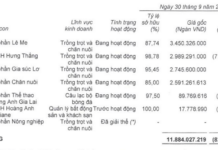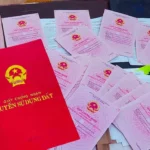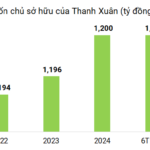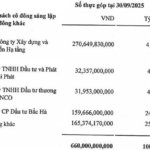A citizen reported that in 2012, their family purchased agricultural land reclaimed by ethnic minority individuals. The transaction was documented only through a handwritten agreement, and the land had not yet been issued a land use rights certificate (red book).
After the purchase, the family has been using the land steadily until now.
In 2018, the family initiated the process to obtain the red book through a centralized issuance program. The tax authority notified them of the tax amount due for the land and informed the People’s Committee of the commune (pre-provincial merger address) to relay the information to the family.
Subsequently, the commune issued a notice regarding the payment amount. However, due to financial difficulties, the family has not paid the tax since 2018, resulting in the red book not being issued.
Recently, the family contacted the newly merged commune’s People’s Committee to continue the red book issuance process. The committee responded that the time elapsed is significant, and the whereabouts of the file are unclear.
The citizen inquires about the necessary steps to obtain the red book in this situation.
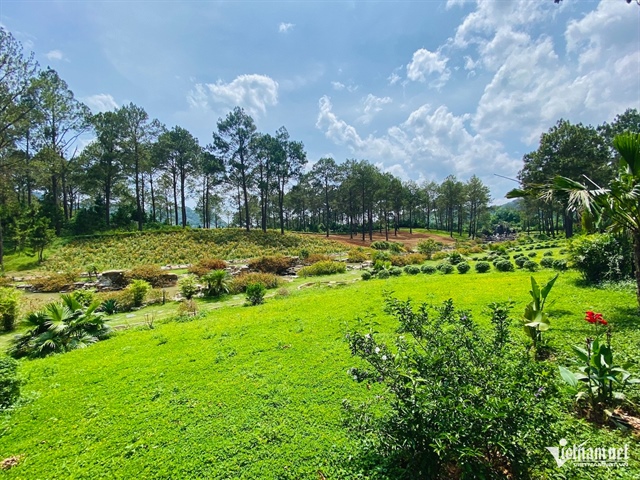
Illustrative image: Hồng Khanh |
In response, the Ministry of Agriculture and Environment stated that due to insufficient details in the citizen’s report, there is no basis for a specific reply.
However, the Ministry outlined several principles regarding registration and issuance of land use rights certificates in such cases.
In 2018, when the citizen initiated the red book issuance process, the applicable regulations were the 2013 Land Law and Decree No. 43/2014/NĐ-CP, which provides detailed guidelines for implementing certain provisions of the Land Law.
The procedures for first-time issuance of red books to households and individuals are outlined in Article 70 of Decree No. 43/2014.
Accordingly, after the applicant submits the required documents, the commune-level People’s Committee forwards the file to the Land Registration Office for further processing.
The Land Registration Office performs the tasks specified in Clause 3, Article 70 of Decree No. 43/2014. Specifically, Point g requires that if the land user requests a land use rights certificate, the office sends cadastral data to the tax authority to determine and notify financial obligations.
Thus, if the citizen has not fulfilled their financial obligations, the file is likely still retained by the Land Registration Office. The citizen should contact this office directly for verification and review.
If the land management agency no longer has the file but the citizen retains copies of documents as per Article 137 of the 2024 Land Law, along with confirmation from the commune-level People’s Committee regarding stable, dispute-free land use, they can still apply for the red book while fulfilling their financial obligations as required.
Hồng Khanh
– 10:13 03/10/2025
Proposed Legislation to Allow Construction on Agricultural Land, Capping Projects at 700m²
The Hanoi People’s Committee has proposed allowing the construction of facilities on agricultural land to support production. Depending on the agricultural production area, specific ratios of farmland will be designated for construction. Notably, in concentrated rice-growing regions spanning 300 hectares or more, the maximum construction area is set at 700 square meters.
Hundreds of Ho Chi Minh City Apartments to Receive Land-Use Certificates After Additional Land Fees Paid
The Golden King project, featuring Sky 9 apartments, is finally set to receive property ownership certificates after nearly a decade of anticipation. The Ho Chi Minh City Task Force on Resolving Issues Related to Land Use Rights Certificates for Commercial Housing Projects has approved the issuance, marking a significant milestone for residents and investors alike.
Why Land Certificates Remain Pending for Over 20 Years After Revocation: The Ministry’s Response
The 2024 Land Law and its implementing regulations clearly outline the specific circumstances under which households and individuals are eligible to receive land-use right certificates.







